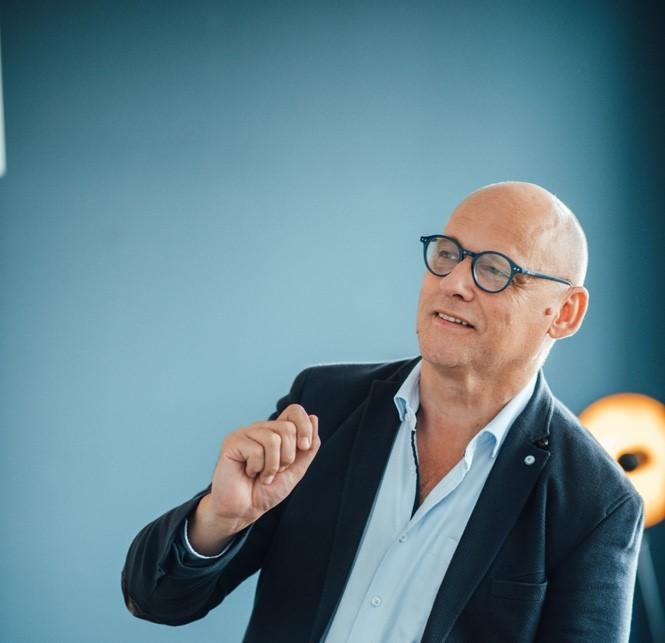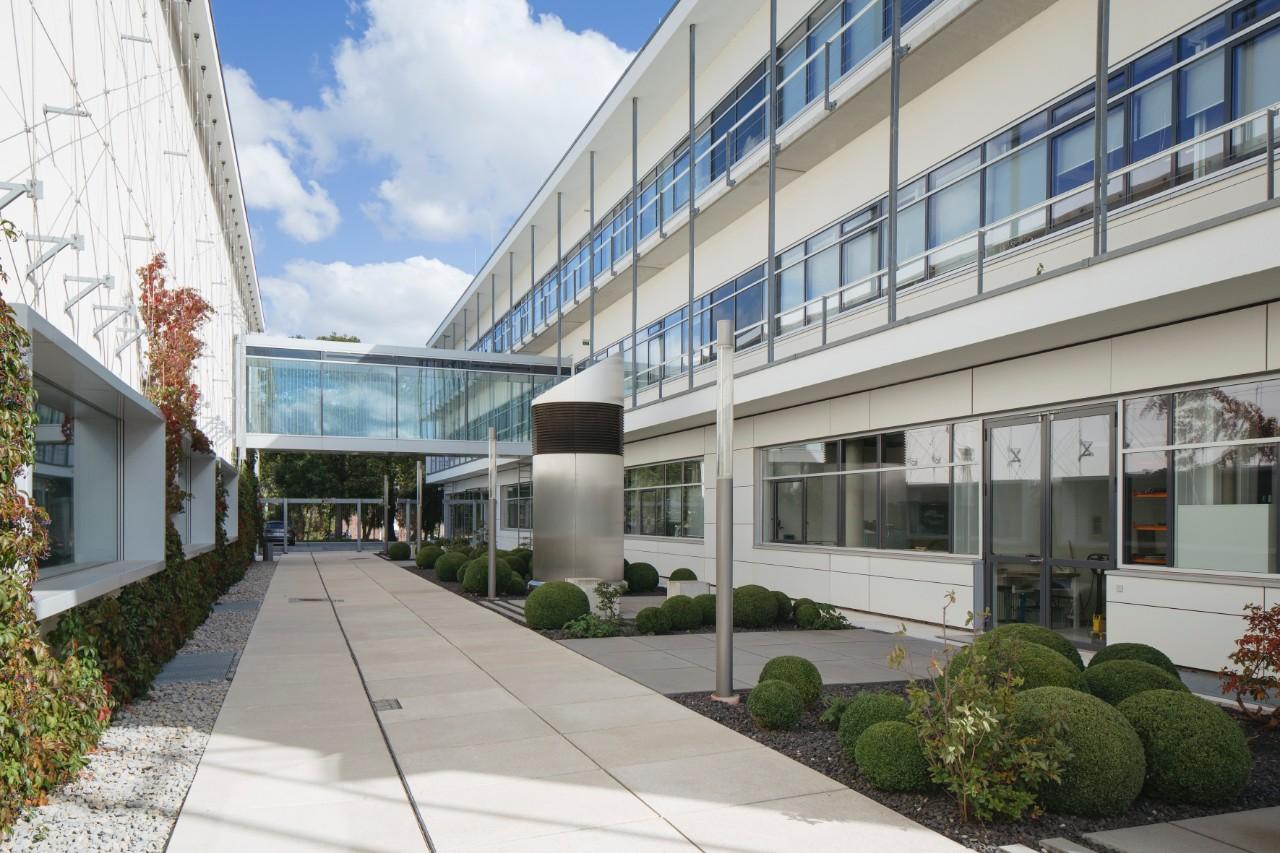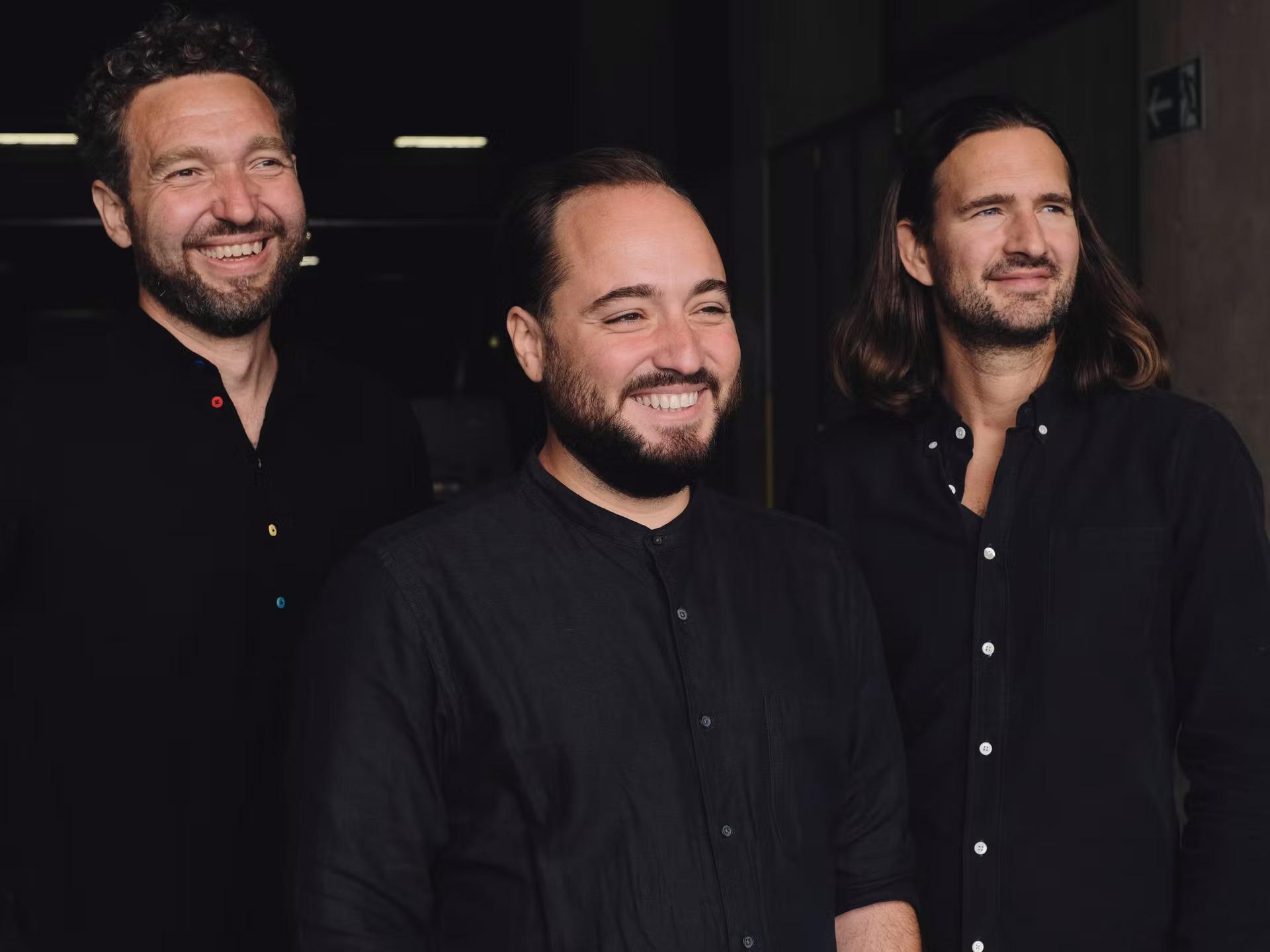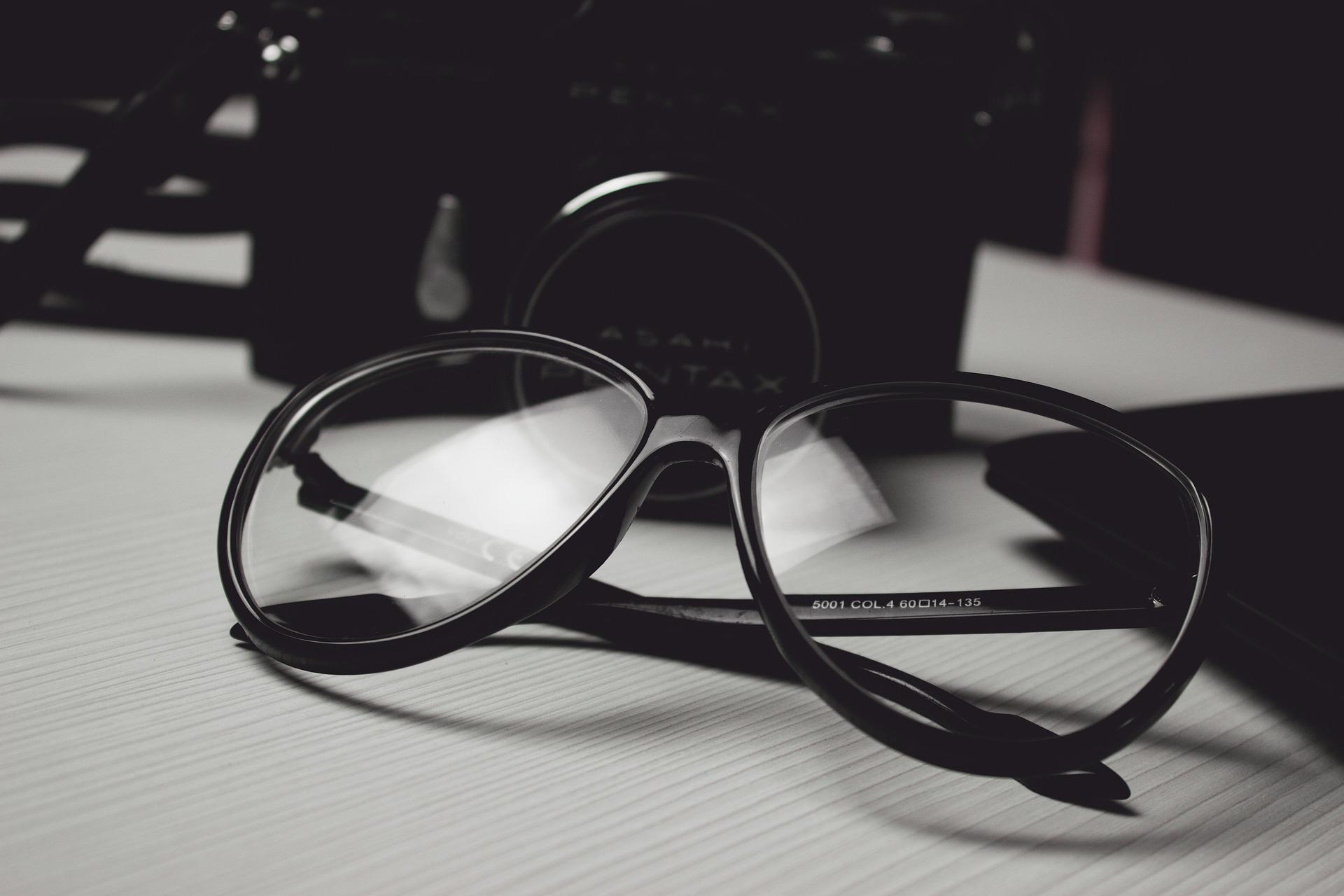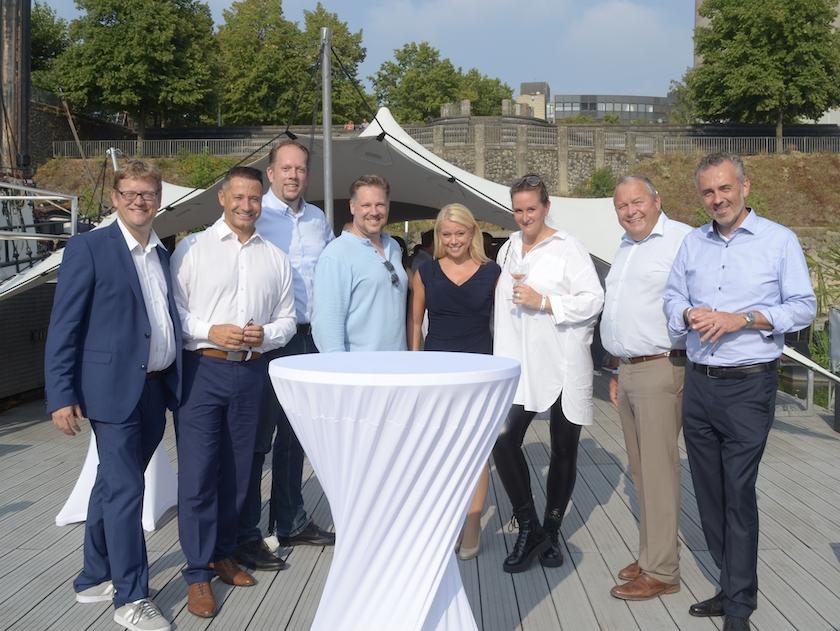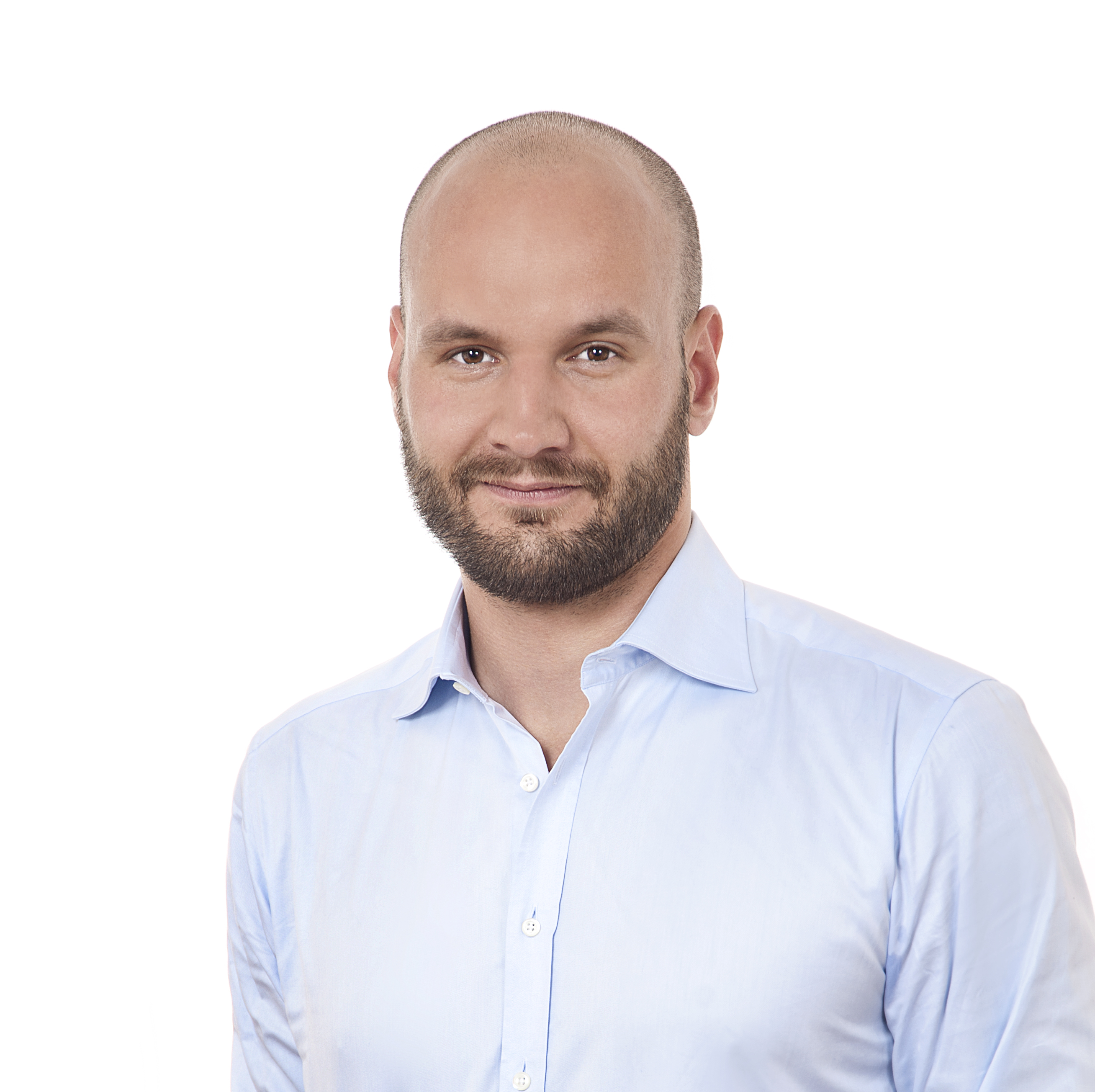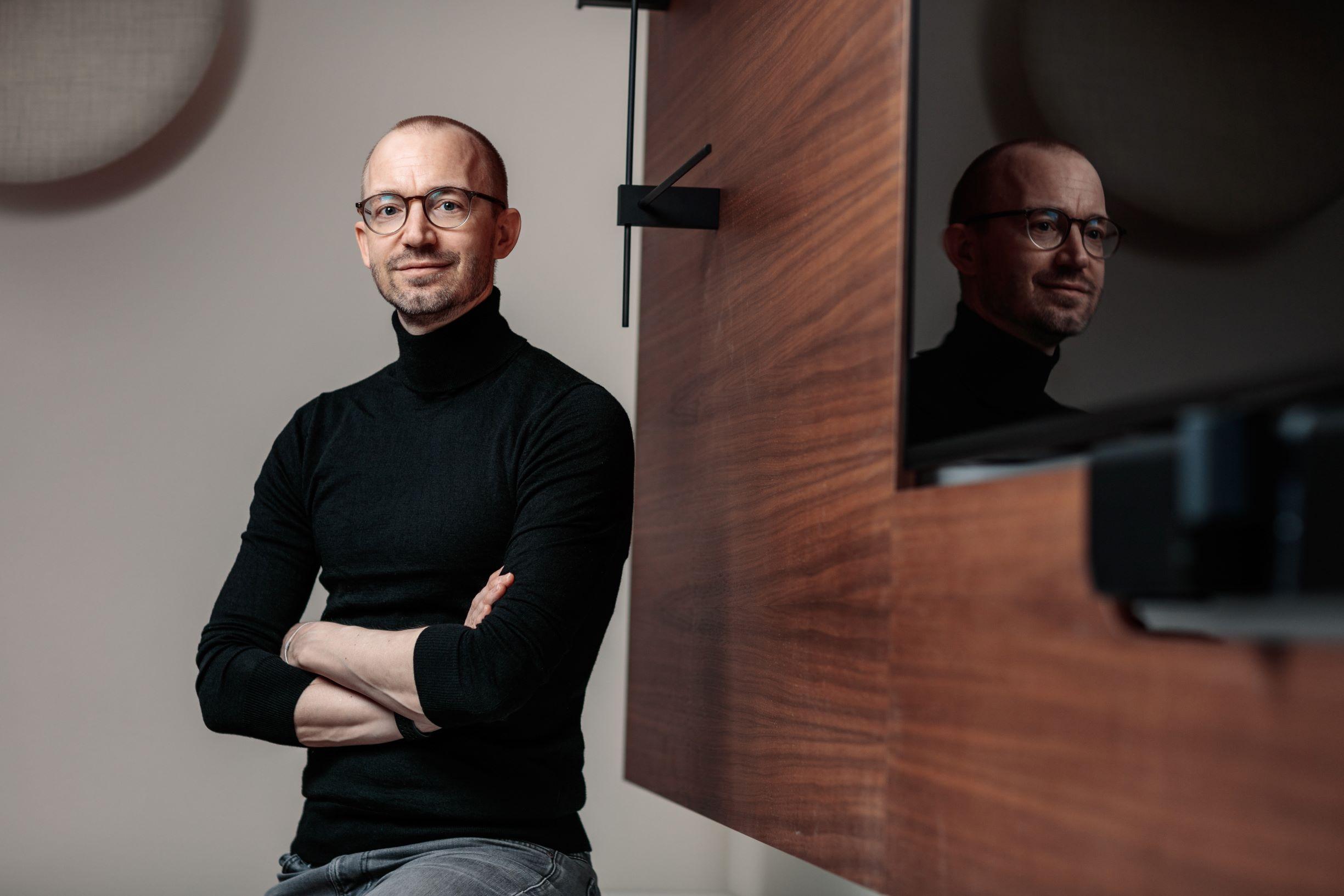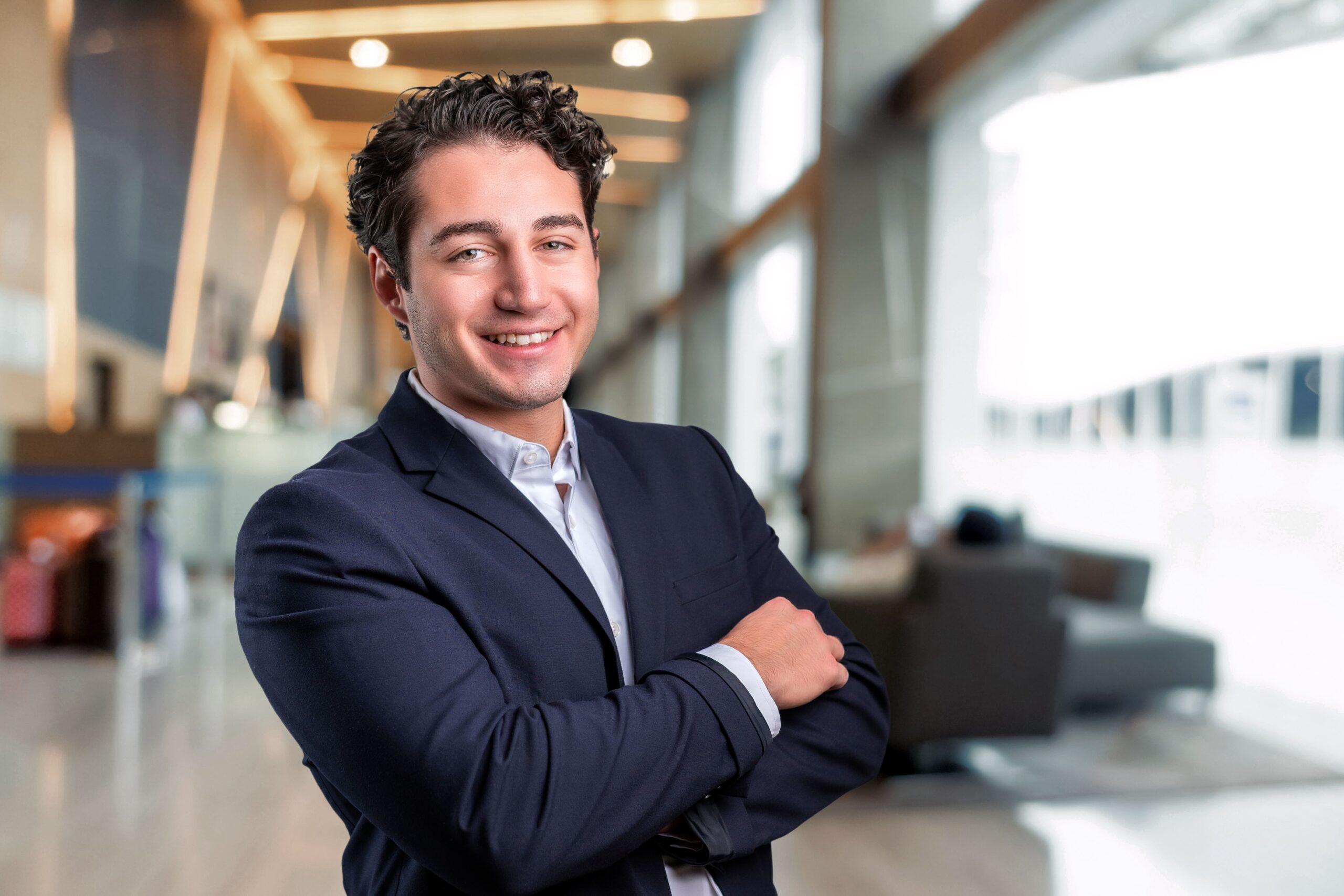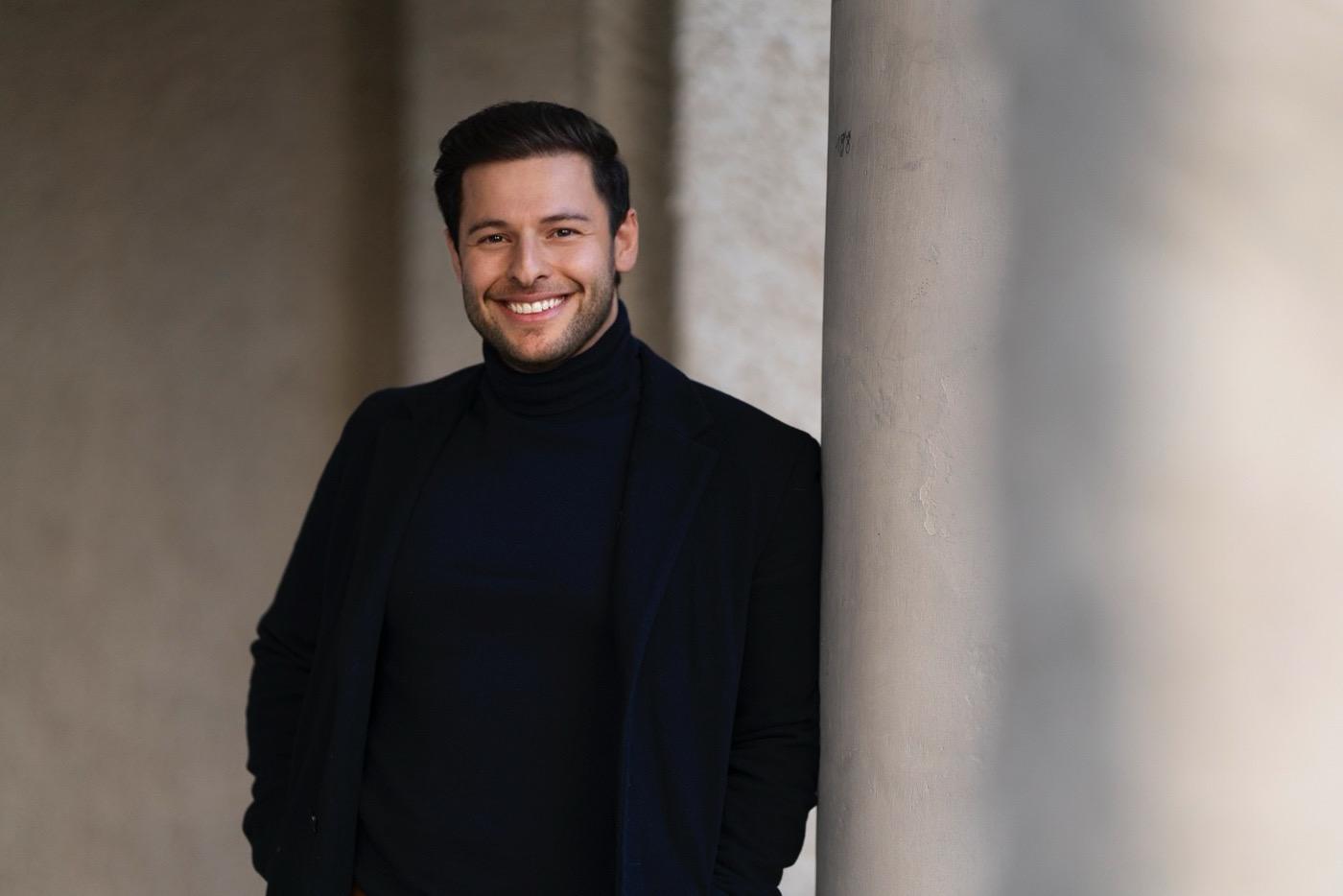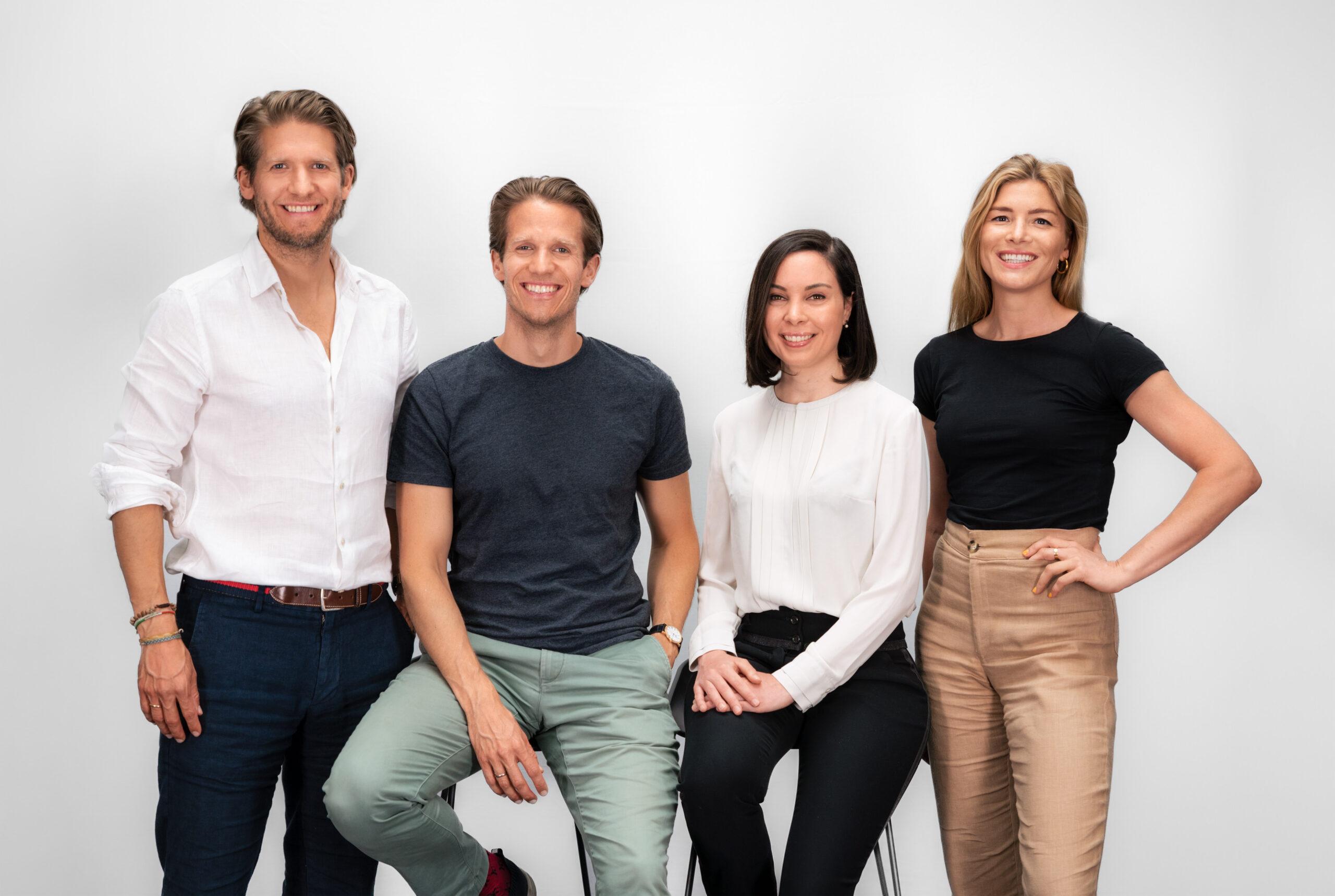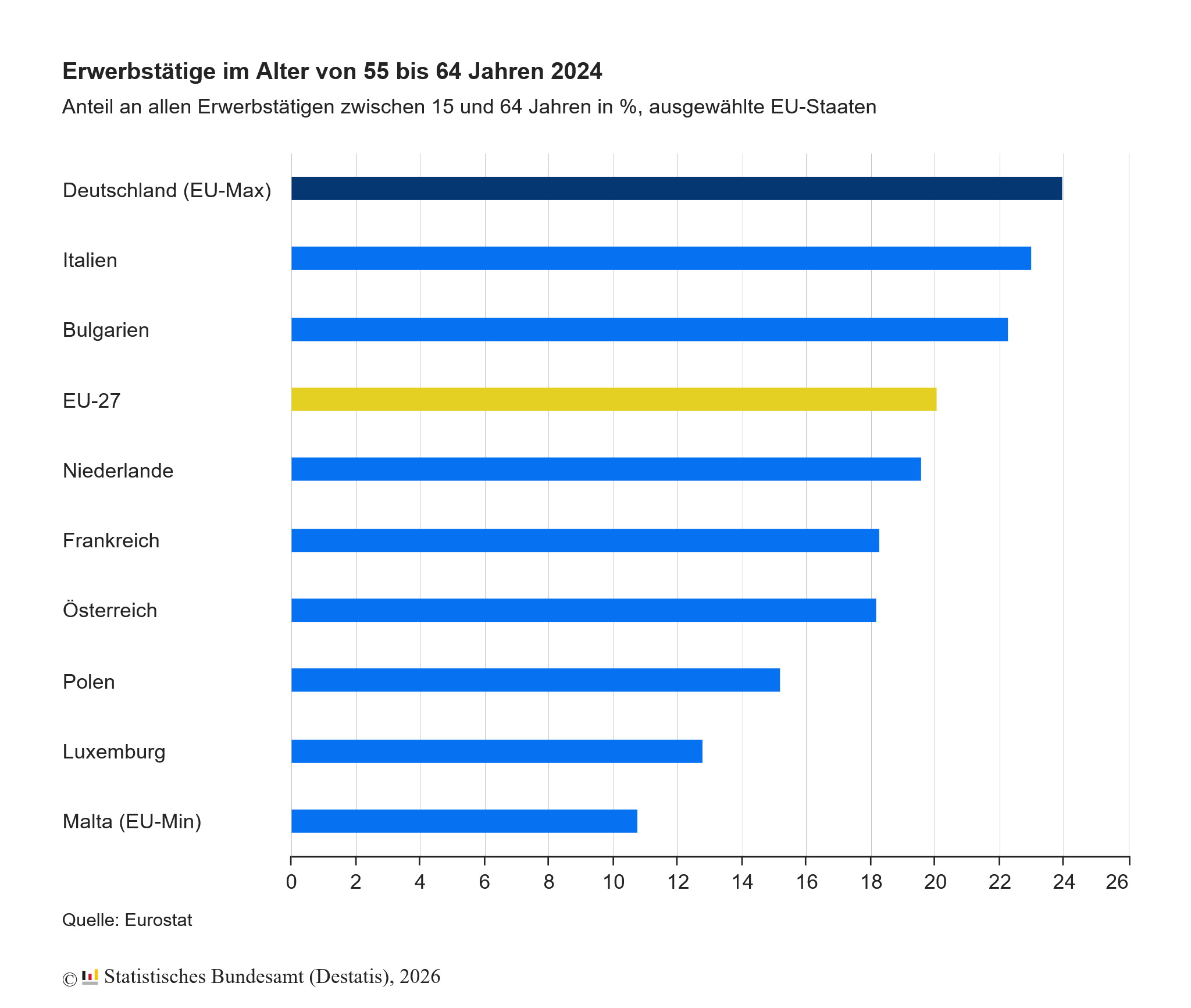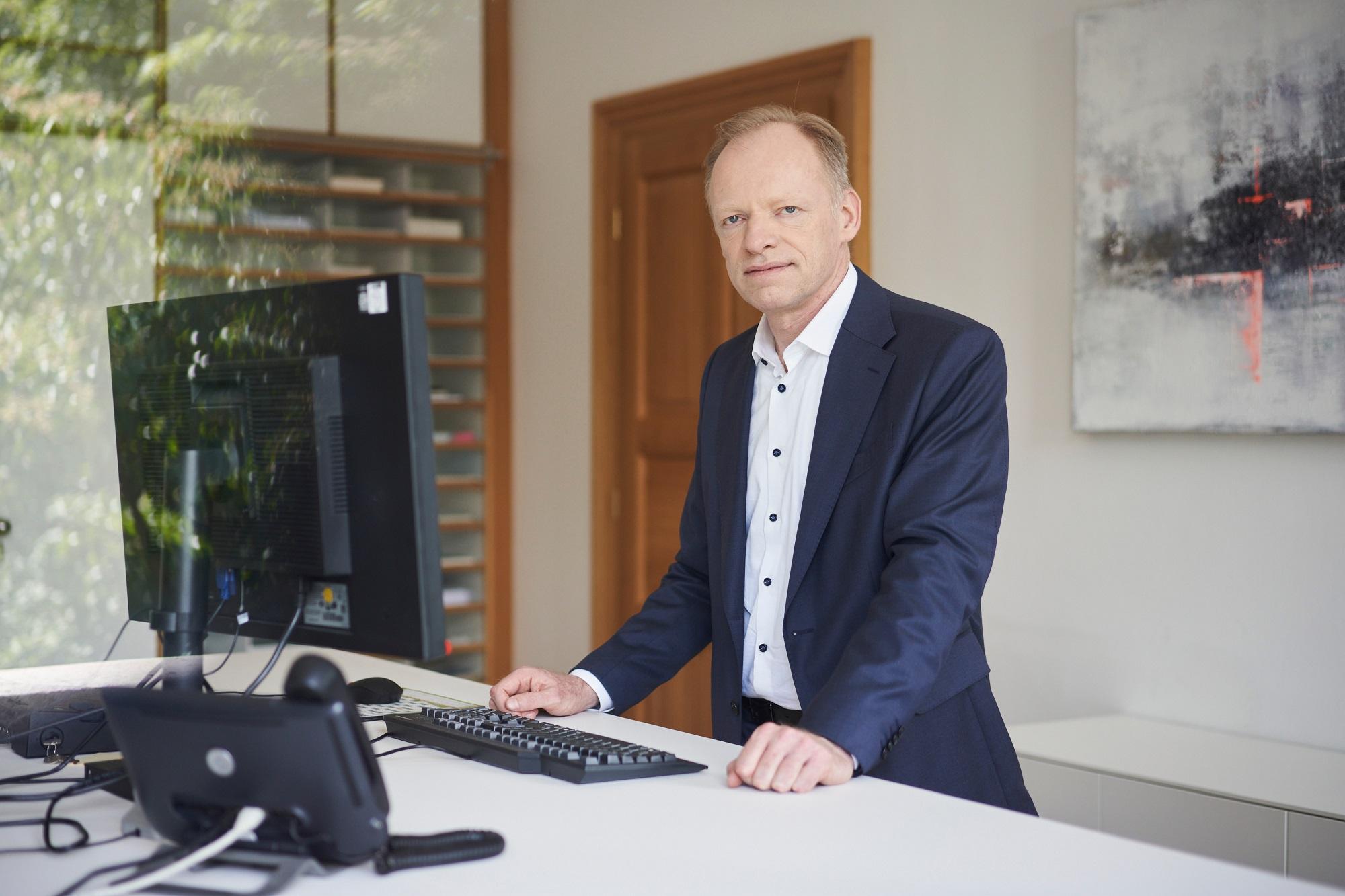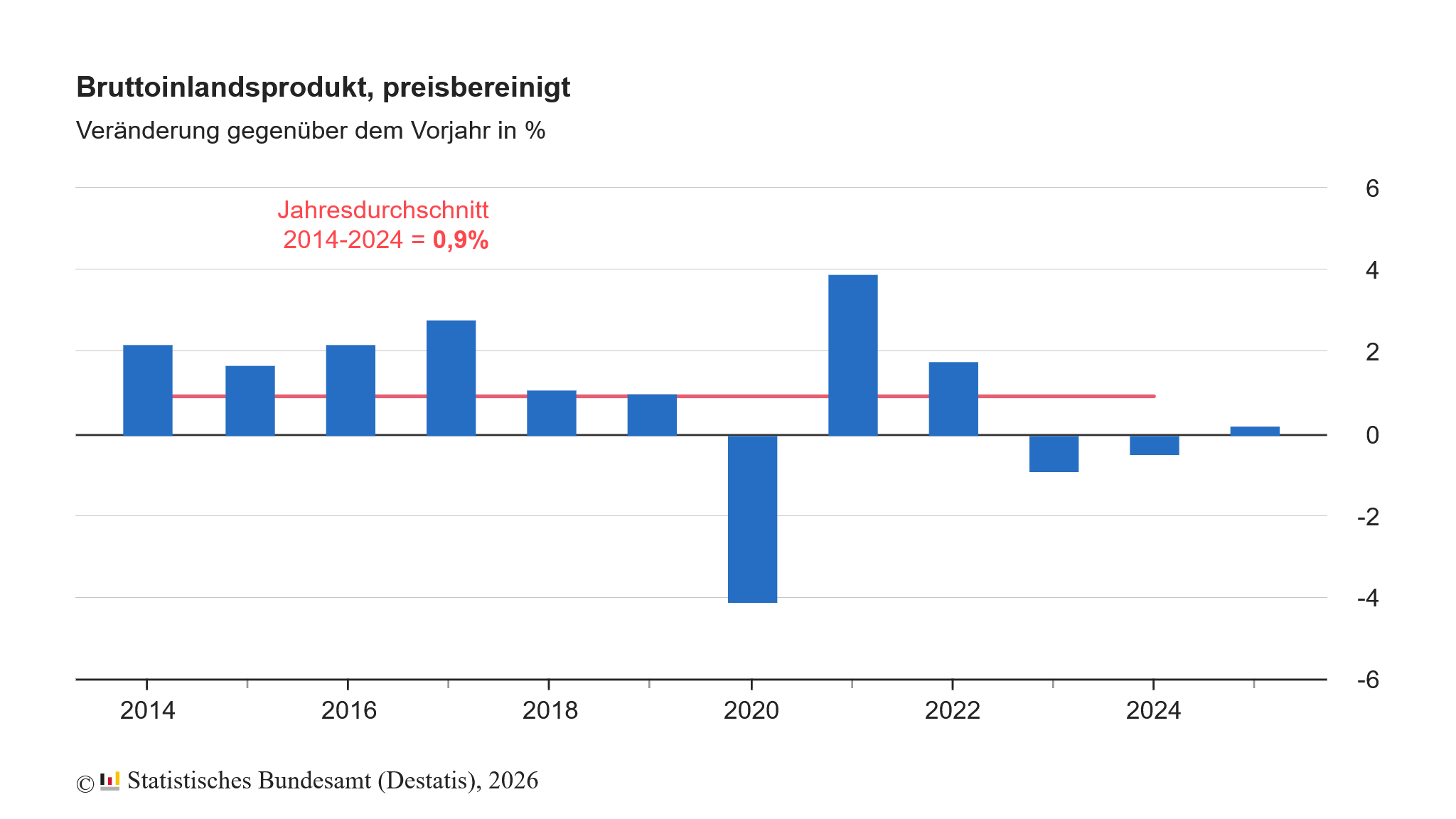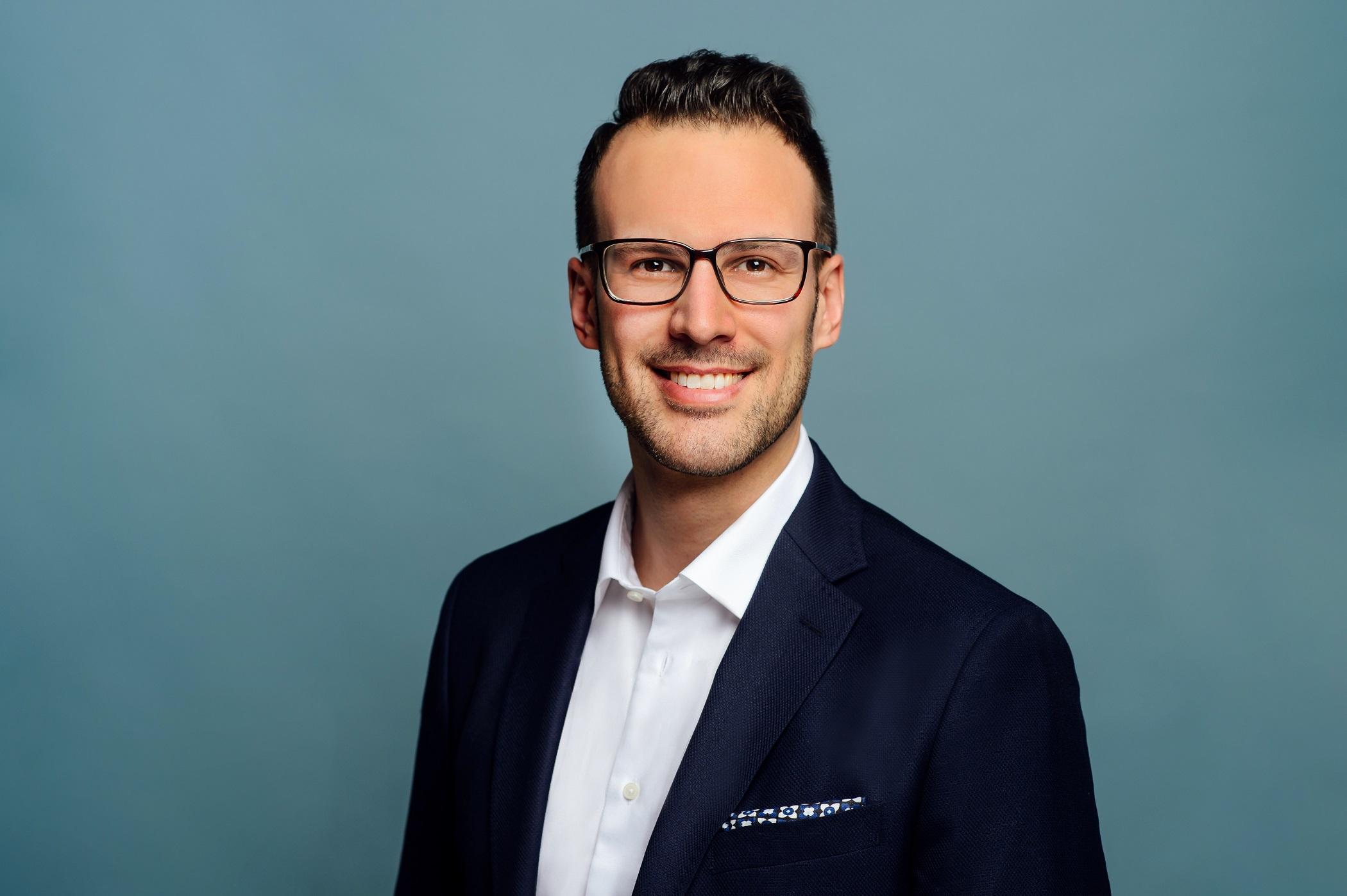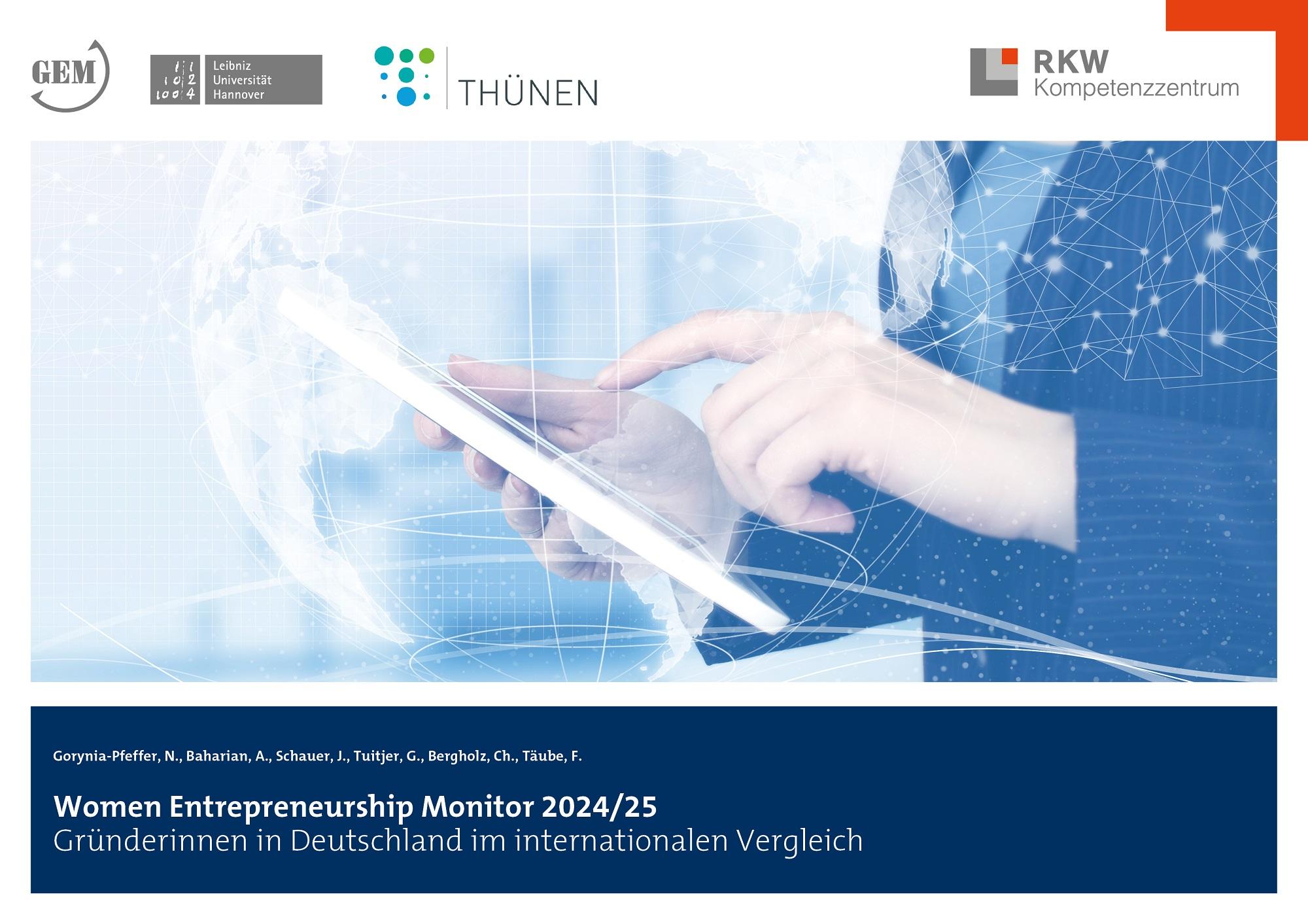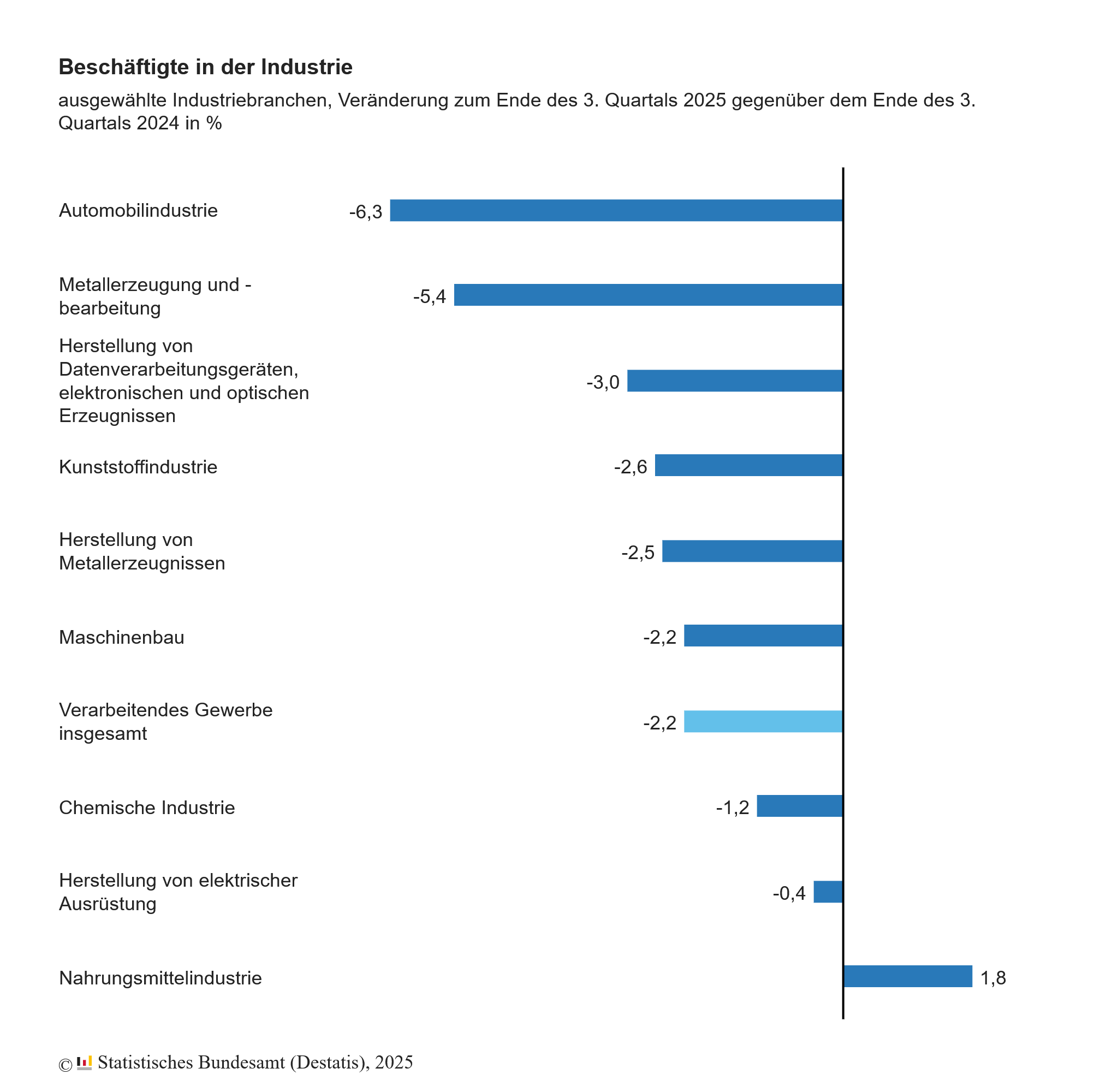How two students set up a start-up for sustainable cosmetics
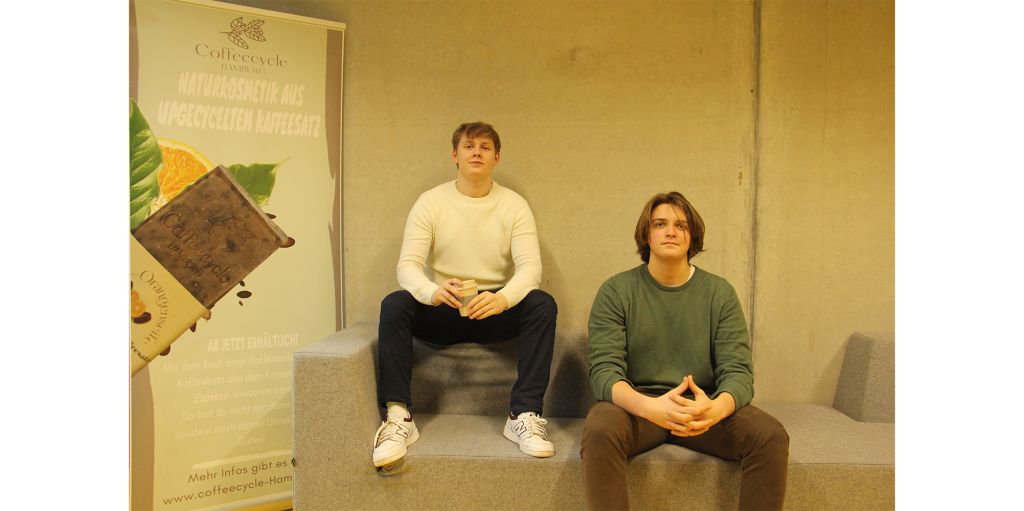
Leonard Mücke and Liam Metzen from Hamburg sell natural cosmetics made from recycled coffee grounds. It's not easy.
While other students are partying on Mallorca or spending the whole day at the lake during the summer vacation, Hamburg high school students Liam Metzen and Leonard Mücke are poring over business plans, looking for producers and marketing concepts. Their goal: to set up a company by the end of the vacation that sells soap made from recycled coffee grounds.
Vacation plans that are unusual for 18-year-old students. While their peers are already failing at derivation rules, Metzen and Mücke talk about economies of scale as if they had been in the start-up scene for several years. And yet the two students encountered quite a few hurdles in their start-up plans - and almost failed because of the paperwork.
It all started with a simple idea two months before the summer vacation, during which they worked so intensively on their start-up. Mücke and Metzen were working in a café in Hamburg at the time. They noticed something. "Every evening, just before we finished work, we had to lug a really heavy bag of garbage down to the cellar," says Metzen. The garbage bag contained coffee grounds left over from making espresso. If these coffee grounds were disposed of in the residual waste, says co-founder Mücke, greenhouse gases would be produced during waste incineration. "And even if the coffee grounds end up in organic waste, it's a shame for the resource itself, because some coffee drinkers like to use the coffee grounds to make a scrub," says Mücke. Coffee grounds are good for the skin and the caffeine has a circulatory effect.
And so the two founders began researching after school: What if the coffee grounds could be recycled? "That's how we came up with the idea of soap," says Mücke. Their plan was to collect the coffee grounds from the various cafés and transport them by cargo bike to a regional soap producer, who would then process the coffee grounds together with coconut oil, olive oil and shea butter to make soap, which would have an exfoliating effect and tighten the skin thanks to the coffee grounds.
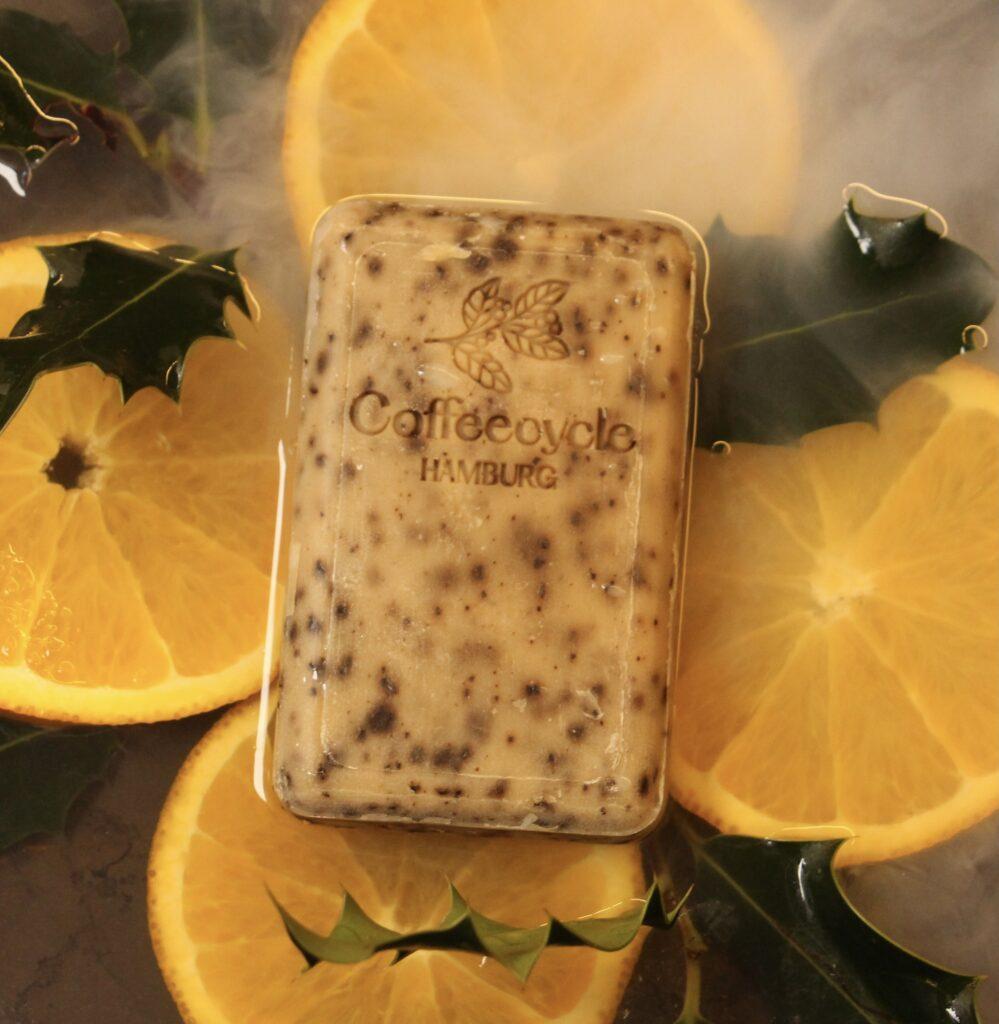
The idea apparently came at the right time: at Eppendorf High School, the school of the two founders, it is customary to take part in a start-up competition organized by the Boston Consulting Group (BCG) in the eleventh grade. "It's practically part of our curriculum because our school has a business focus," says Mücke. The aim was to found a fictitious company. Together with four classmates, they designed a start-up around the coffee-soap idea - and won the state start-up competition. After winning the prize, they received several inquiries from interested parties - which motivated them to turn the fictitious start-up into a real one, according to the two founders.
It wasn't as easy as it looked on paper. In the end, it took four months longer than just the end of the summer vacation, says Leonard Mücke. The two students hadn't realized how much bureaucracy such a start-up would entail. "We went to the notary to set up a UG and found out there: We need a business account. And it was only at the bank that we were told that we had to pay our share capital into this account so that we could set up properly." There are no real guidelines for people who want to start a business alongside school. Despite all the hurdles, they built up the company called "Coffeecycle" step by step, says Liam Metzen. At the end of last year, the time had finally come: They were able to start selling.
Metzen and Mücke no longer work in the café. "But we still see enough cafés from the inside," says Metzen . The coffee grounds, which they recycle to produce their soap, are regularly collected by the founders from several Hamburg cafés by cargo bike. "Most cafés are happy to no longer have to dispose of the heavy bin bags of coffee grounds," says Metzen. Some of the cafés also sell their soap.
It is more difficult to convince retailers. "We mostly went into the stores in person, which creates trust," says Mücke. The aim now is to find a larger chain of stores to sell her soaps. However, due to the relatively high price of 8.99 euros per soap because of the small quantities, negotiations were often difficult.
Becoming even more sustainable is one of the next goals that Metzen and Mücke are pursuing with "Coffeecycle". They are already paying attention to regional supply chains, and the soap producer is also based in Hamburg. Their soap also contains no palm oil. However, the two founders regret that some ingredients, such as olive oil, cannot be sourced regionally.
In the long term, however, they are pursuing big goals with "Coffeecycle." They would like to produce in larger quantities and use economies of scale to become as affordable as commercial cosmetics suppliers. "We also want to conquer the German natural cosmetics market," says Mücke. A cooperation with a hotel chain is also conceivable, especially because a lot of coffee is consumed there and coffee grounds are thrown away.
Could this clash with their own life plans? In their private lives, the two young founders are facing a number of challenges. "In the summer, we'll be taking our A-levels," says Metzen. After that, they plan to study or do an apprenticeship - Metzen and Mücke want to continue running the company part-time for the time being. "If we can manage that during school, then we can manage it during our studies or training," Mücke is convinced.

Newsletter
Startups, stories and stats from the German startup ecosystem straight to your inbox. Subscribe with 2 clicks. Noice.
LinkedIn ConnectFYI: English edition available
Hello my friend, have you been stranded on the German edition of Startbase? At least your browser tells us, that you do not speak German - so maybe you would like to switch to the English edition instead?
FYI: Deutsche Edition verfügbar
Hallo mein Freund, du befindest dich auf der Englischen Edition der Startbase und laut deinem Browser sprichst du eigentlich auch Deutsch. Magst du die Sprache wechseln?




